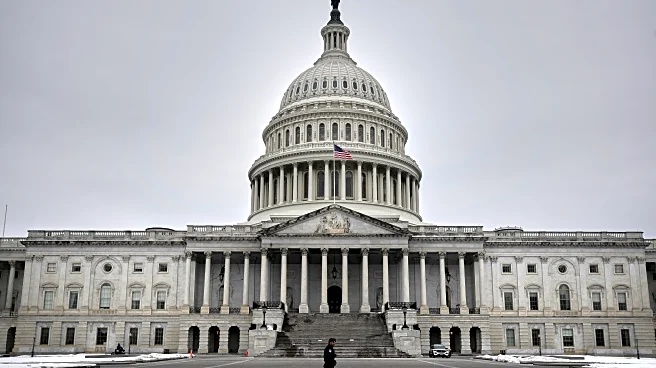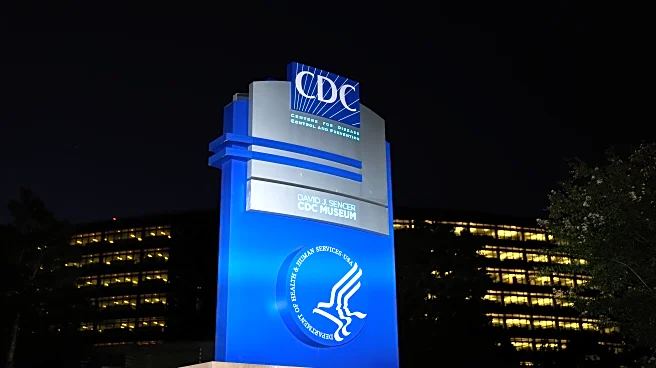Rapid Read • 7 min read
Recent research has examined the impact of the COVID-19 pandemic on pharmaceutical pollution in the Warta River in Poland. The study focused on the concentrations of pharmaceuticals in river water near sewage treatment plants during and after the pandemic. It found that pharmaceutical concentrations increased during lockdowns, reflecting heightened consumption due to increased infections and preventive measures. The study also noted that concentrations decreased during periods of eased restrictions, suggesting reduced demand for medical substances. The research highlights the complex interplay between human activity, pharmaceutical consumption, and environmental pollution during different phases of the pandemic.
AD
The findings underscore the significant environmental impact of human health behaviors during the COVID-19 pandemic. Increased pharmaceutical pollution poses risks to aquatic ecosystems and water quality, which can have broader implications for public health and environmental policy. Understanding these dynamics is crucial for developing strategies to mitigate pollution and protect water resources. The study also highlights the need for improved sewage treatment technologies to effectively remove pharmaceuticals from wastewater, which is essential for maintaining water quality and ecosystem health.
Future research may focus on developing advanced sewage treatment methods to address pharmaceutical pollution. Policymakers could consider regulations to limit pharmaceutical discharge into water bodies. Additionally, public health initiatives might aim to balance medical needs with environmental protection, especially during health crises. The study suggests that ongoing monitoring of pharmaceutical concentrations in water bodies is necessary to assess long-term environmental impacts and guide policy decisions.
The research raises ethical questions about the balance between public health needs and environmental protection. It also highlights the potential for long-term shifts in pharmaceutical consumption patterns due to changes in healthcare access and public awareness during the pandemic. These shifts could influence future environmental policies and healthcare practices.
AD
More Stories You Might Enjoy












